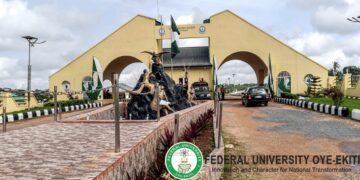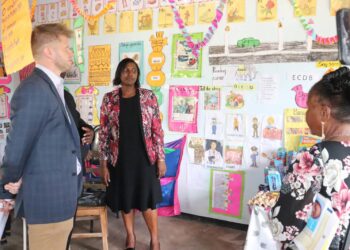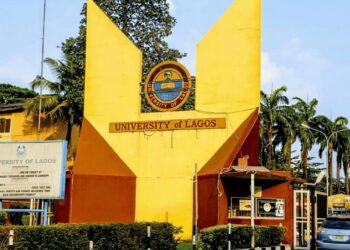The University of Liberia (UL), the country’s largest public university, is in the middle of a financial storm. Chronic underfunding, unfulfilled budget promises, and rising faculty demands now threaten the reopening of classes scheduled for 8 September. Here is what you need to know.
1. What sparked the current crisis?
During a Senate Education Committee hearing this week, UL President Dr Layli Maparyan and Comptroller Togar Gibson revealed that the university never received the US\$1 million approved in the 2024 national budget for campus renovations. Both government and internal financial records confirm the money was not disbursed.
2. How much does UL need?
Renovations:** US\$3.9 million for full-scale work across four campuses
Urgent bathroom repairs:** US\$300,000
Faculty demands (back pay, compensation, insurance):** US\$500,000 immediately
Overall 2025 budget request:** US\$41 million
The Legislature, however, approved only US\$33 million, 90% of which is tied up in staff salaries.
3. What are the faculty’s demands?
The University of Liberia Faculty Association (ULFA) has warned that classes will not resume unless:
* Adjunct professors receive overdue pay
* Overload teaching allowances for 2025 are honoured
* Bathroom facilities are repaired
* Faculty members are given medical insurance
Without US\$500,000 in immediate funding, ULFA says reopening will be impossible.
4. Why are adjunct professors at the centre of the debate?
Adjuncts and part-time instructors carry much of the teaching load. In 2024, President Joseph Boakai directed that arrears owed to them be cleared. The Ministry of Finance met this order by diverting funds from the 2025 adjuncts’ budget, leaving no money for the current academic year. This has created a new financial gap.
5. What does this mean for students?
More than 20,000 students face uncertainty as the academic calendar hangs in the balance. Poor infrastructure, overcrowded classrooms, and unsanitary facilities remain pressing concerns, while the possibility of delayed resumption grows.
6. What happens next?
The Senate’s Education Committee has pledged to summon the Ministry of Finance to explain the missing funds and the budget reallocations. Lawmakers insist the Executive cannot reprogramme funds without legislative approval.
Observers warn the issue is bigger than UL. Other public institutions, including Tubman University and Nimba County University College, also report budget shortages. A 2023 World Bank report urged Liberia to double higher education funding by 2030.
Why this matters
UL’s crisis highlights a wider problem in Liberia’s education sector: the gap between government promises and actual fiscal commitments. Without urgent action, the university risks academic decline, worsening facilities, and eroding public trust.
As Comptroller Gibson put it: “We are not just asking for money. We are asking for the government to honour its own commitments. The future of the country’s youth depends on it.”

















































































 EduTimes Africa, a product of Education Times Africa, is a magazine publication that aims to lend its support to close the yawning gap in Africa's educational development.
EduTimes Africa, a product of Education Times Africa, is a magazine publication that aims to lend its support to close the yawning gap in Africa's educational development.